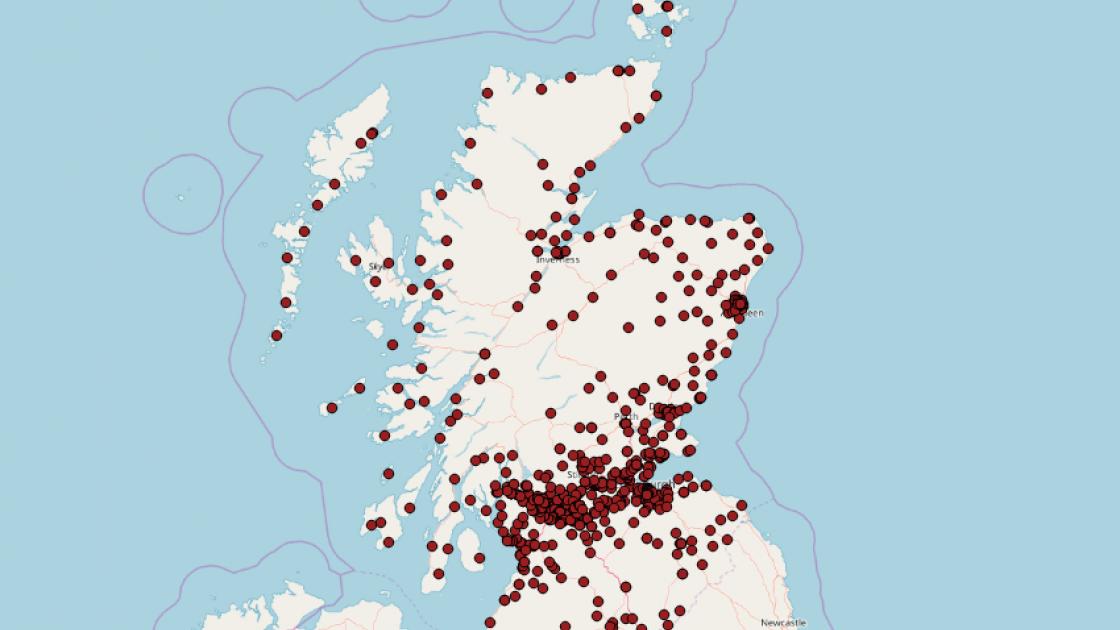Spatio-temporal Data: Practical Uses for NHS Scotland Dataset

In 2016 the British government acknowledged the importance of reducing antimicrobial prescriptions in order to avoid the long-term harmful effects of over-prescription. Prescription needs are highly dependent on factors that have a spatio-temporal component, such as the presence of a bacterial outbreak and the population density. In this context, density-based clustering algorithms are flexible tools to analyse data by searching for group structures. The case of Scotland presents an additional challenge due to the diversity of population densities under the area of study.
The research team presents a spatio-temporal clustering approach for highlighting the behaviour of general practitioners (GPs) in Scotland. Particularly, they consider the density-based spatial clustering of applications with noise algorithm (DBSCAN) due to its ability to include both spatial and temporal data, as well as its flexibility to be extended with further variables. The aim of the project is to improve general understanding of Scottish GP prescription behaviour, understanding of behaviour across space and time, and speed of analysis through sampling.
This research project is being conducted by Antonia Gieschen, who is working together with Professor Jake Ansella, Dr Raffaella Calabrese and Dr Belen Martin-Barragan.
